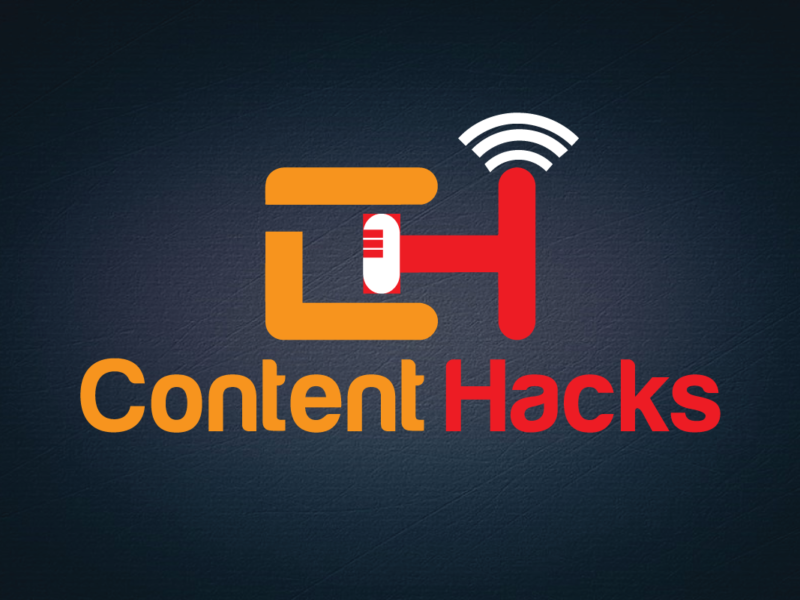You look at the clock for the third time in 5 minutes. Your heart races. Your eyes pore into the blank page in front of you as your brain screams ‘WRITE SOMETHING!” For many people, creating content to raise brand awareness does not come naturally.
Yet, it is increasingly critical to the long-term success of your business or organization. Long gone are the days of cold calls, hard sells and stale press releases. You need authentic content that connects with your customers and, more importantly, potential customers. And did I mention, you need it FAST!?
In this edition of our podcast, Content Hacks, Rachel Clapp Miller, Communication and Digital Marketing Specialist and I recently shared a few hacks that can help ensure you don’t have to relive that moment of panic every week.
Have a listen then check out the handy downloadable checklist below!
Here’s a short list.
Keep a content calendar.
Develop a system for retaining ideas to use later.
Write something every day
Use email as both a way to elicit answers from a source and as the subject of possible topics.
Write backwards. Start with a compelling headline.
Don’t write at all. Instead utilize photos, infographics, podcasts and other platforms to reach your audience.
If you like these ideas, download this PDF for a quick checklist to follow every week. Content Hacks Reference Sheet

